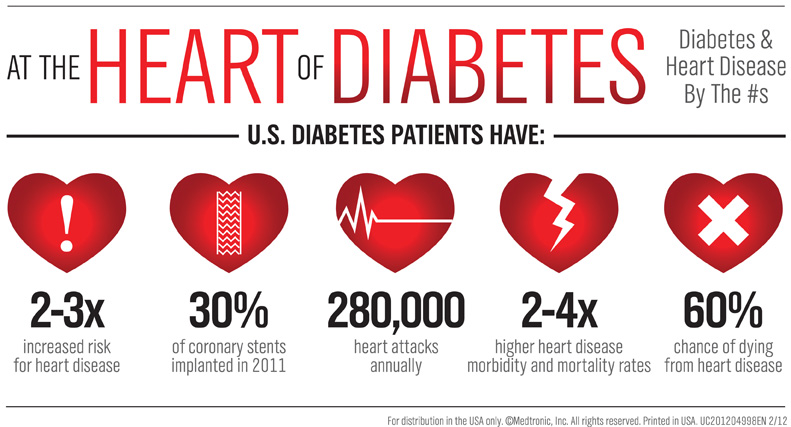Diabetes is said to be the world’s fastest growing chronic disease. It’s so common these days that you probably know someone who has it, or worse, you yourself already have it. We always say that the best cure for any disease is proper care and prevention, but in order for you to be able to prevent a disease from getting worse, you need to arm yourself with the right information. In this entry, we’ll get down to the nitty gritty details of insulin, and why it should matter to your health.
There are different ways to manage diabetes.
While some people are fine with just taking medicine for diabetes, there are others who go as far as changing their lifestyles completely. And then there are those who can’t live without their insulin injections. Ever since its discovery in 1921, insulin has played an important role in the treatment of diabetes. It’s no wonder that medical experts all over the world strive to learn everything they can about this hormone.
Insulin is a hormone produced by the pancreas that allows the body to process sugar from food that the body takes in. Normally, it’s an efficient process that produces fuel for the body, but if the body isn’t producing just the right amount of insulin, it can give way to some serious problems.

When the pancreas doesn’t produce enough insulin, type 1 diabetes occurs. On the other hand, when the pancreas produces more insulin than a body needs, this results to type 2 diabetes. Type 2 diabetes is said to be the trickier type since it happens when the body’s cells become resistant to insulin. The body fails to release glucose into the cells even though there is an abundance of glucose in the bloodstream. To counteract this, proper medication should be given to normalize blood glucose in the system and allow cells to make use of it as fuel.

Oftentimes, it’s people who are overweight have a BMI count of more than 25 that develop insulin resistance. So losing weight might just be one of the most effective ways to manage this condition. Reducing the need for insulin through diet changes can work wonders in a person who is dealing with type 2 diabetes. High glycemic index foods such as white bread, unrefined sugars, and starchy vegetables should be avoided at all costs. Several studies have also confirmed the importance of regular exercise in insulin resistance management. By working out regularly, the body increases the rate by which glucose is used by the cells as body fuel.
Medical experts are still studying the exact causes of insulin resistance and the process of insulin-cell interaction. While there are already readily available medications to help improve glucose control, certain lifestyle changes are required for proper diabetes management. Don’t hesitate to ask your doctor about it so that you can get personalized care for your condition.
Have any misconceptions about Insulin that you want us to address? Let us know in the comments section below.